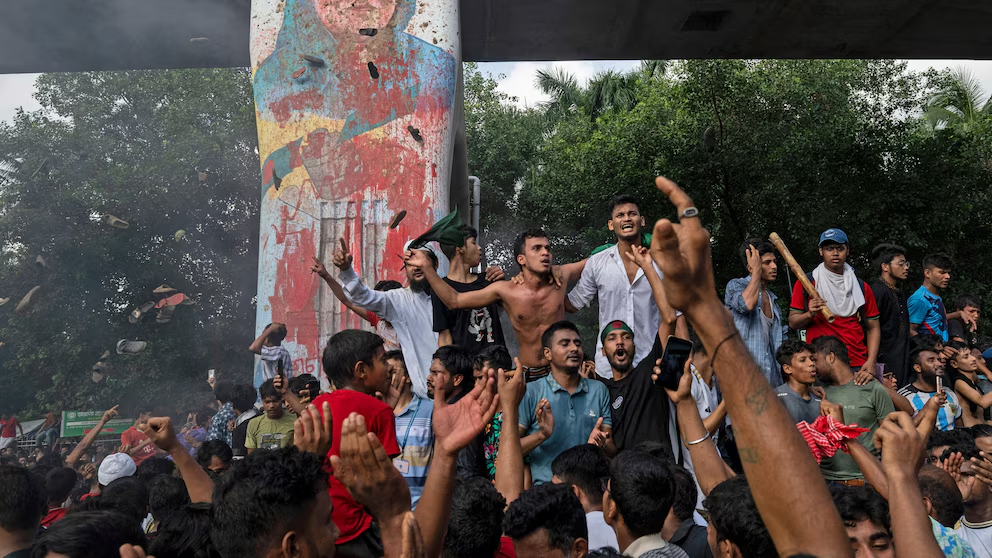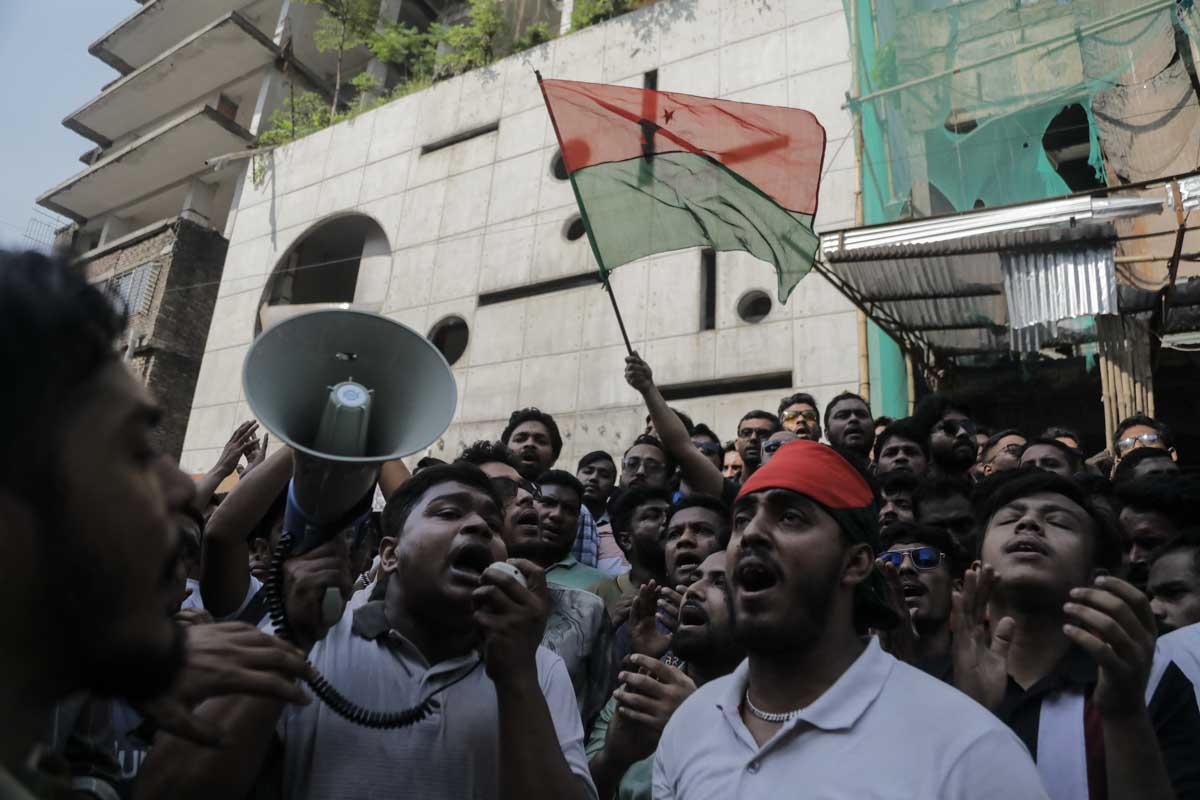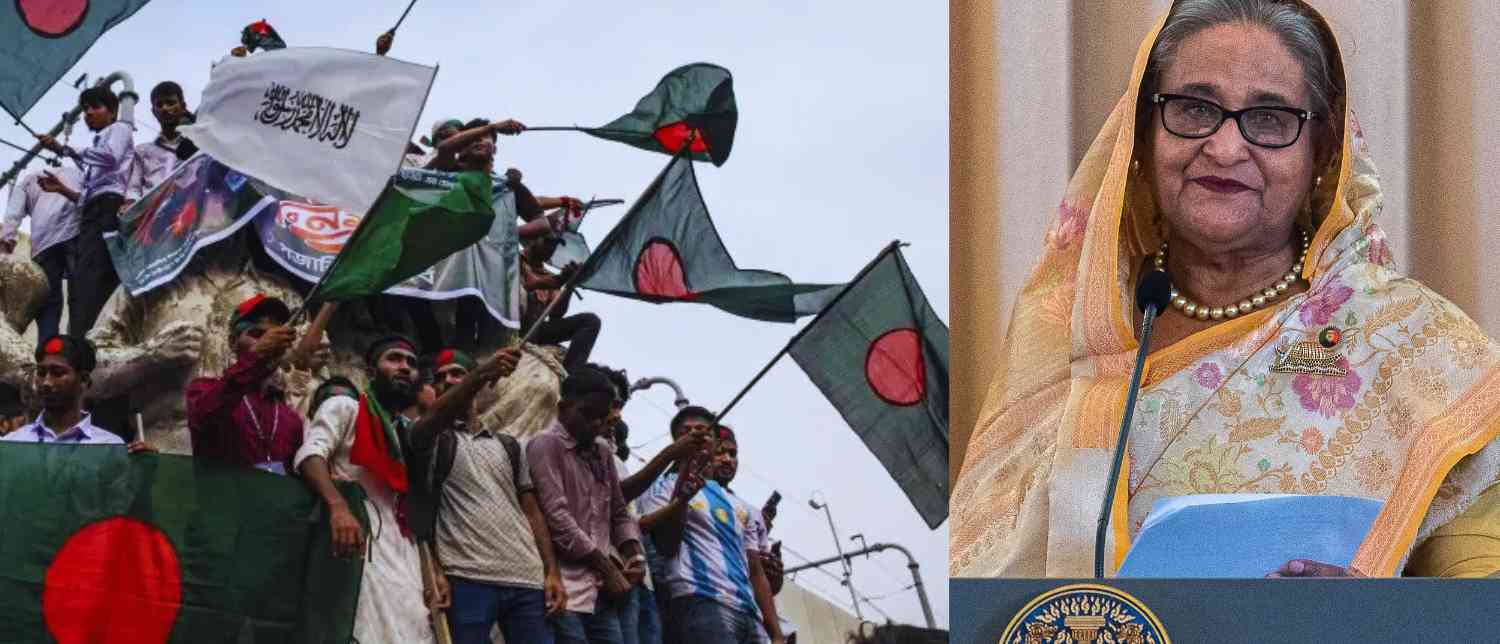One year after the student-led uprising in Bangladesh that ousted long-time Prime Minister Sheikh Hasina, the country remains far from achieving the reforms and stability many had hoped for. In August 2024, widespread protests driven by dissatisfaction with a government quota policy led to Hasina fleeing to India, ending her 15-year rule. Nobel Peace Prize laureate Muhammad Yunus took charge as head of an interim government, promising to hold credible elections and reform the political and electoral system. However, a year later, these promises have yet to fully materialize, and Bangladesh faces ongoing political and social challenges.

The protests began with student unrest over the government’s decision to reserve 30% of jobs for children of freedom fighters, a move that triggered wider discontent among the youth amid high unemployment. This issue escalated after Hasina responded with force to protests in public universities and made controversial remarks equating protesters to historical enemies, which further intensified the movement and led to its spread across different student groups, including Islamic madrasa students. While the interim government restored political freedoms banned under Hasina and released many political prisoners, the new political scene remains fragmented and volatile.
The interim government has struggled to contain growing political instability, religious polarization, and law and order concerns. The student leaders who led the uprising formed a new political party promising to challenge the dominance of Bangladesh’s two main parties—the Awami League and the Bangladesh Nationalist Party (BNP). Yet, opponents accuse this party of close ties with the Yunus administration, alleging manipulation of state resources for political gain. Meanwhile, Islamist parties such as Jamaat-e-Islami, previously suppressed under Hasina, have regained prominence, with large rallies opposing progressive government proposals like equal inheritance rights for women and polygamy bans.
From the perspective of many ordinary citizens and observers, the hope for a peaceful, democratic Bangladesh with respect for human rights remains unfulfilled. Although some improvements have been acknowledged, such as reopened media outlets and more open public discourse, organizations like Human Rights Watch note that arbitrary detentions and political oppression persist. Garment worker Ambia in Dhaka expressed that despite respect for student activists, the promised end to chaos and politicization of issues has not come, and a full sense of security is still missing.

The current interim government plans to hold parliamentary elections by early next year after enacting constitutional reforms and strengthening judicial independence and press freedoms. However, many in Bangladesh remain cautious about whether these electoral changes will bring the genuine democratic renewal that citizens demanded during the uprising. The situation reveals the complexity of transforming long-standing political dynamics and deep societal divisions, especially after years of polarized rule.
In summary, Bangladesh one year after Sheikh Hasina’s ouster is still distant from the democratic reforms and societal stability envisioned by the student uprising. The country stands at a critical juncture where addressing political fragmentation, respecting human rights, and balancing varied social forces will be crucial for its future trajectory. The ongoing challenges underscore that political change alone is not enough without inclusive governance and reconciliation that meets the aspirations of all Bangladeshis.
With inputs from agencies
Image Source: Multiple agencies
© Copyright 2025. All Rights Reserved. Powered by Vygr Media.

























